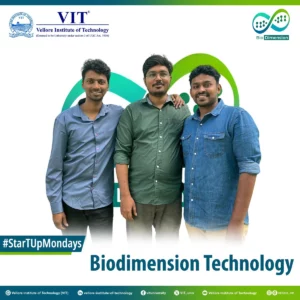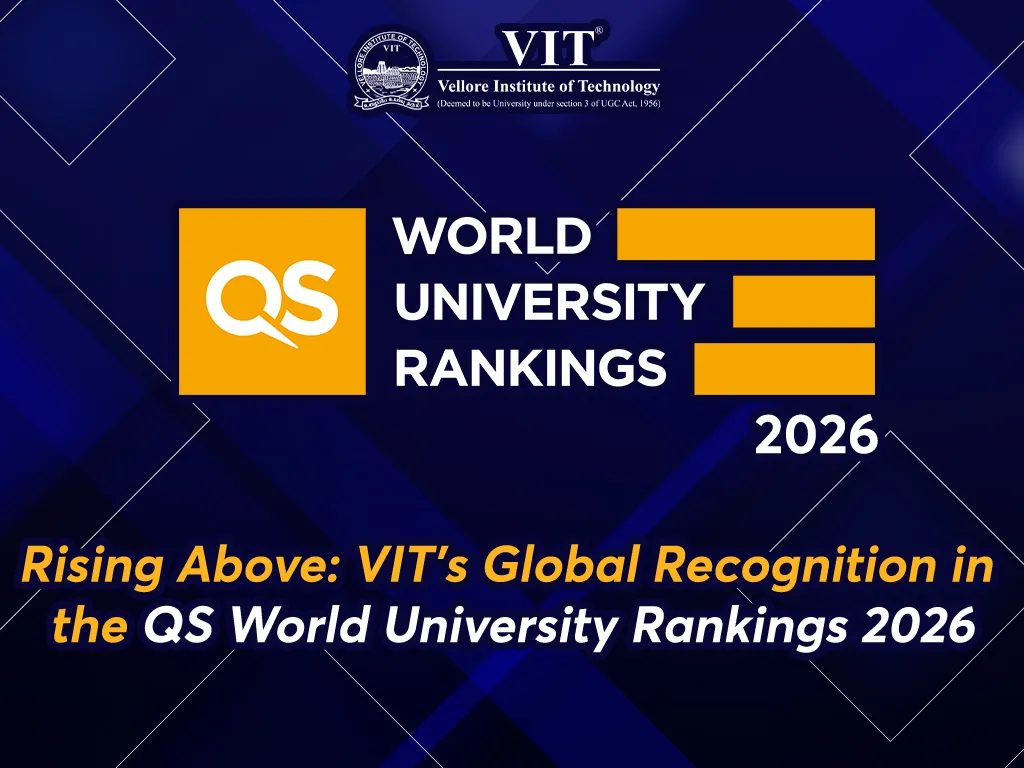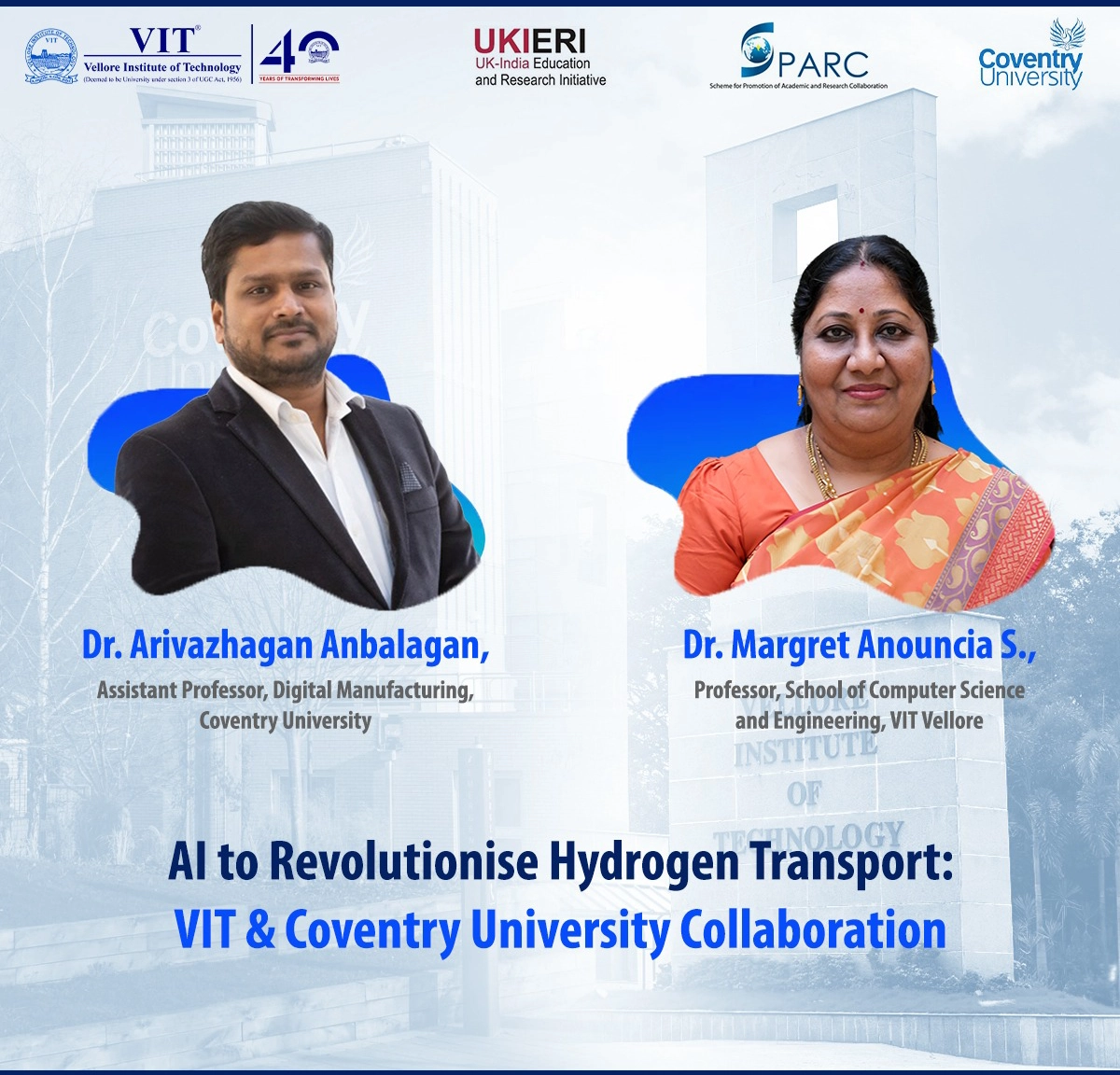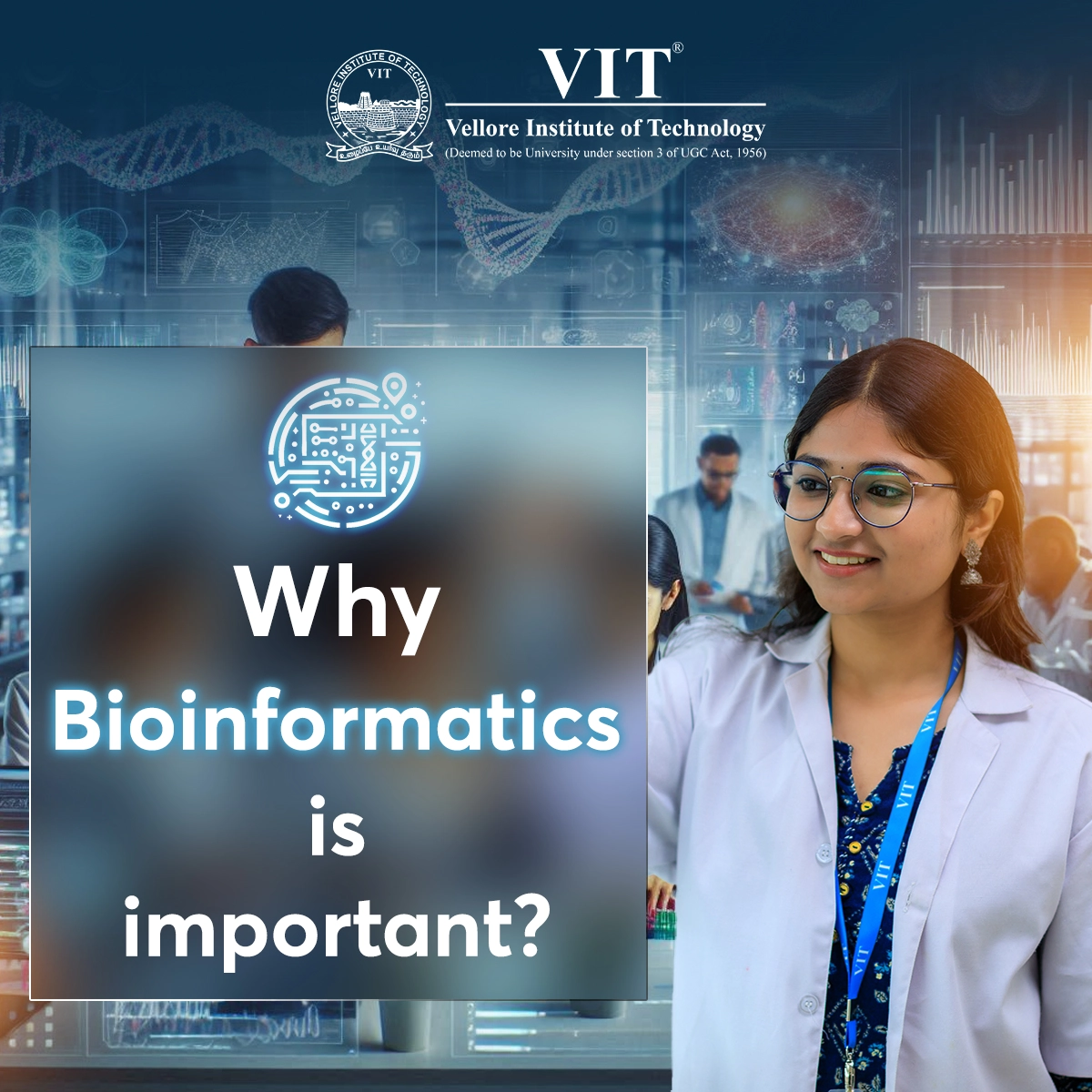On a mission to find alternatives to animal trials
Biodimension is into tissue engineering and has launched its first product
N. Ramakrishnan
It was their concern for cruelty to animals which were being used extensively in drugs and cosmetics testing that was the trigger for them to brainstorm and come up with an alternative. Ranjith Kumar Velusamy, Manojkumar S and Pradeep Arunachalam knew each other when they were doing their Master’s in Biotechnology at VIT. During their course, they had handled a lot of animal samples in the laboratory. After completing their Master’s programme, they went their individual ways, working in different companies in different cities, but stayed in touch and would often discuss if they could do some tissue engineering that would do away with the need for animal trials for drugs and cosmetics testing. Thus was born Biodimension Technology Pvt. Ltd., founded by the three of them and which got incubated at VIT TBI (Vellore Institute of Technology – Technology Business Incubator).
It was thanks to VIT TBI, says Ranjith, that their start-up even took off. They had looked at various other options before zeroing in on VIT TBI. They first pitched their idea to Dr. A. Balachandran, Director, VIT TBI, who was suitably impressed that he arranged for the trio to make a presentation to Dr. G. Viswanathan, Chancellor, VIT University, who was immediately convinced about the feasibility of the idea and said the incubator would provide them with whatever support and assistance they needed.
“VIT TBI provided us the initial grant support and the network connects,” says Ranjith and adds, “they supported us with all the basic requirements to start a venture.” VIT TBI also put them on to other incubators such as IKP Knowledge Park and Venture Center thanks to which Biodimension could access various grants given by the Government of India and others. This was vital for Biodimension, as in the initial years, such ventures rely extensively on grants when the focus is on research.
The three started Biodimension in January 2021 and immediately got incubated at VIT TBI. They got office space, access to crucial laboratory equipment and could also use the services of interns for their research. It was in June 2023 that Biodimension moved offices to Bengaluru, which has a more thriving ecosystem for deeptech ventures.
Biodimension’s aim is to reduce animal testing with its artificial tissue made of proprietary biomaterials. Cosmetics and drug companies can test their products on the artificial tissues and get accurate and relevant human data. According to Ranjith, the company uses human cells to print the tissue, which will help in knowing whether the drugs cause any side effects. The tissue models can also be used to test for toxicity. Animals, he adds, are not proper surrogates for humans for testing. Biodimension is convinced that its engineered tissue will improve the prospects for cosmetics and drug research companies.
“We are at commercial stage now. We have started earning revenues. We are also providing services to one of the top five FMCG (fast-moving consumer goods) companies in India,” says Ranjith.
The first product that Biodimension has launched is a skin epidermis. It will have three stages of application. The first stage is in the personal care space to test cosmetics. It will then be used for drug screening and the third, will be for clinical applications. For clinical applications, the tissue will have to undergo a lot of clinical trials and the company will also need plenty of funds. “We will focus on the first two stages now. This is our strategy,” says Ranjith. Accordingly, the company will focus on cosmetics and drug screening. Then, depending on the success and the iterations required, it will move to clinical trials. Simultaneously, Biodimension, says Ranjith, has started contacting hospitals for clinicals trials. Right now, the hospitals are more interested in grafting. A few clients from the pharmaceutical industry have evinced interest.
The other products that the company has developed are a full thickness skin and a vaginal epithelium, which will be used mainly to test female personal care and hygiene products such as sanitary napkins. The company has started working on liver models. “Along with VIT, we are developing heart tissue. The heart tissue will be primarily made up of human primary cells,” says Ranjith. These engineered tissues will be helpful in testing for toxicity of drugs. Pharmaceutical companies would like to know the likely impact on the heart for any drug. The initial screening would help in understanding the toxicity on the liver, heart and kidney.
Nearly 95 per cent of the drugs that show promising results in animal studies fail in clinical studies. This costs the pharmaceutical companies billions of dollars and several years of research and product development time. At the same time, regulatory bodies are coming up with stringent guidelines on testing and making it mandatory for drug companies to come up with artificial tissues and stop animal models.
According to him, the skin epidermis is a patient derived one. The company has got tissue samples from patients and used it to replicate it. A 0.1-0.2 sq.cm sample of tissue can be used to make 200 replicas, he adds.
Biodimension has relied entirely on grants so far through various schemes of Govt.of India and CSR programme. The company is 10-members strong, including seven full-time scientists. It has a digital marketing team at VIT and a researcher at their alma mater working on a collaborative project. “We have not cut our association with VIT. They are the ones who supported us from the beginning,” says Ranjith.
He believes that there is a huge global market for their products, which the company hopes to tap as it comes up with new products and services. (EOM).
- (The writer is a Chennai-based independent journalist.)







